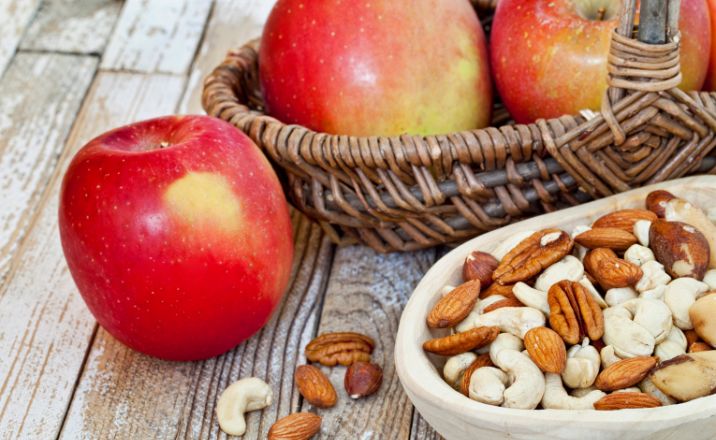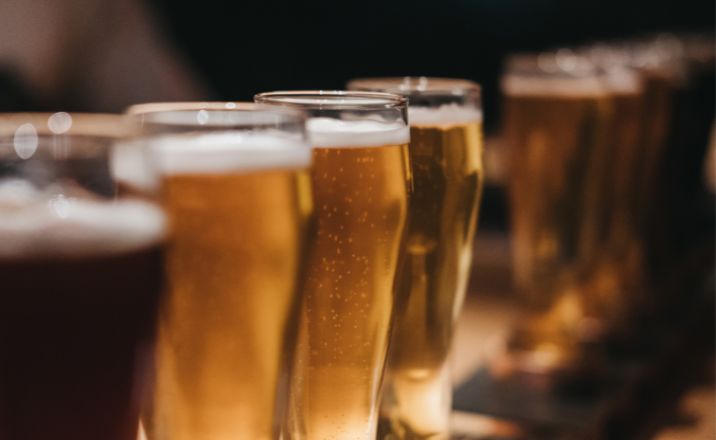India Rejects Food Imports from China, Japan, and Others for Failing Safety Standards

India recently rejected food shipments from countries such as China, Japan, Sri Lanka, Bangladesh, and Turkey due to safety and quality issues. Products like apples, nuts, alcoholic drinks, and sushi failed to meet India’s food safety regulations, leading to their rejection.
Key Reasons for Rejections
The Food Safety and Standards Authority of India (FSSAI) found multiple safety violations:
- Sri Lanka: Cinnamon flower buds were rejected due to contamination and mold concerns.
- Bangladesh: Arecanut imports were denied for similar contamination issues.
- Japan: Tea bags containing an unapproved plant ingredient were turned away.
- Turkey: Fresh apples with limited shelf life failed the standards.
- China: Non-alcoholic beer did not meet the required pH levels for alcohol-free beverages.
Role of the FIRA Portal
FSSAI announced these actions through its Food Import Rejection Alert (FIRA) portal, a new platform that enhances transparency and traceability. FIRA allows stakeholders to monitor rejected shipments and ensures quick responses to health risks.
Ensuring Consumer Safety
India employs a stringent three-step verification process for food imports:
- Document Review: Ensuring paperwork complies with safety standards.
- Visual Examination: Inspecting shipments for visible defects.
- Laboratory Analysis: Testing for contaminants like pesticides and heavy metals.
Conclusion
By rejecting unsafe food imports, India reaffirms its commitment to protecting consumers. Businesses must ensure their products meet the Food Safety and Standards (Import) Regulations, 2017, to comply with India’s strict safety standards.
This step reinforces India’s dedication to delivering safe, high-quality food while enhancing consumer confidence in imported products.






